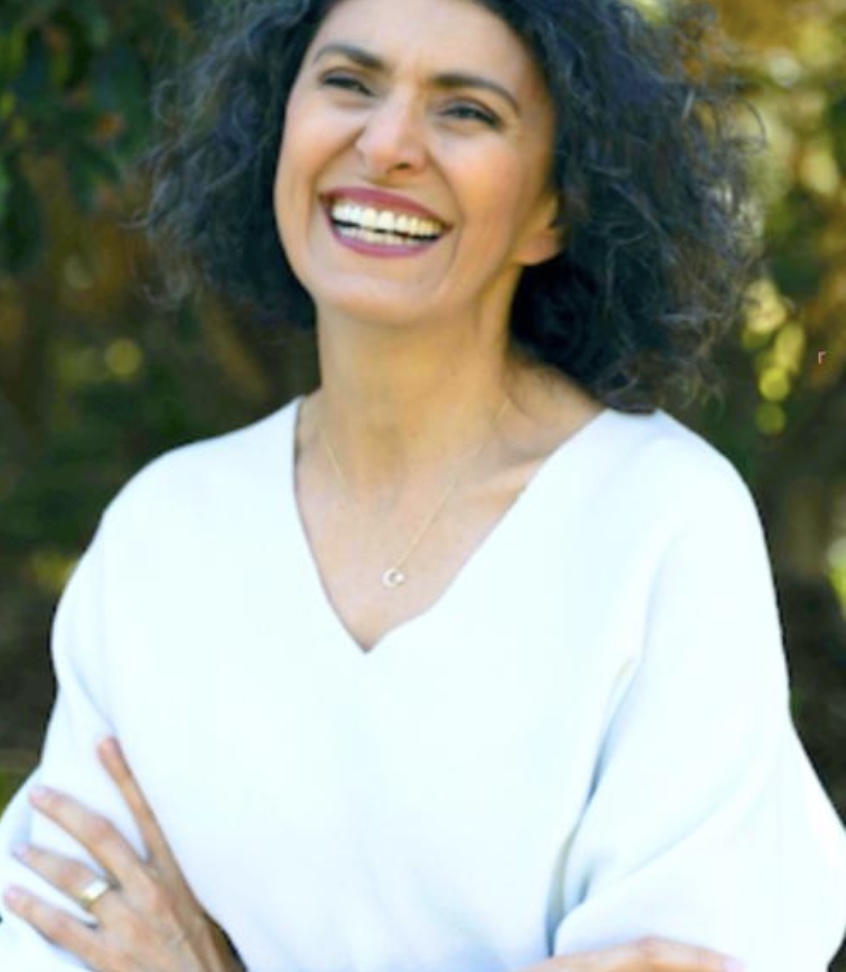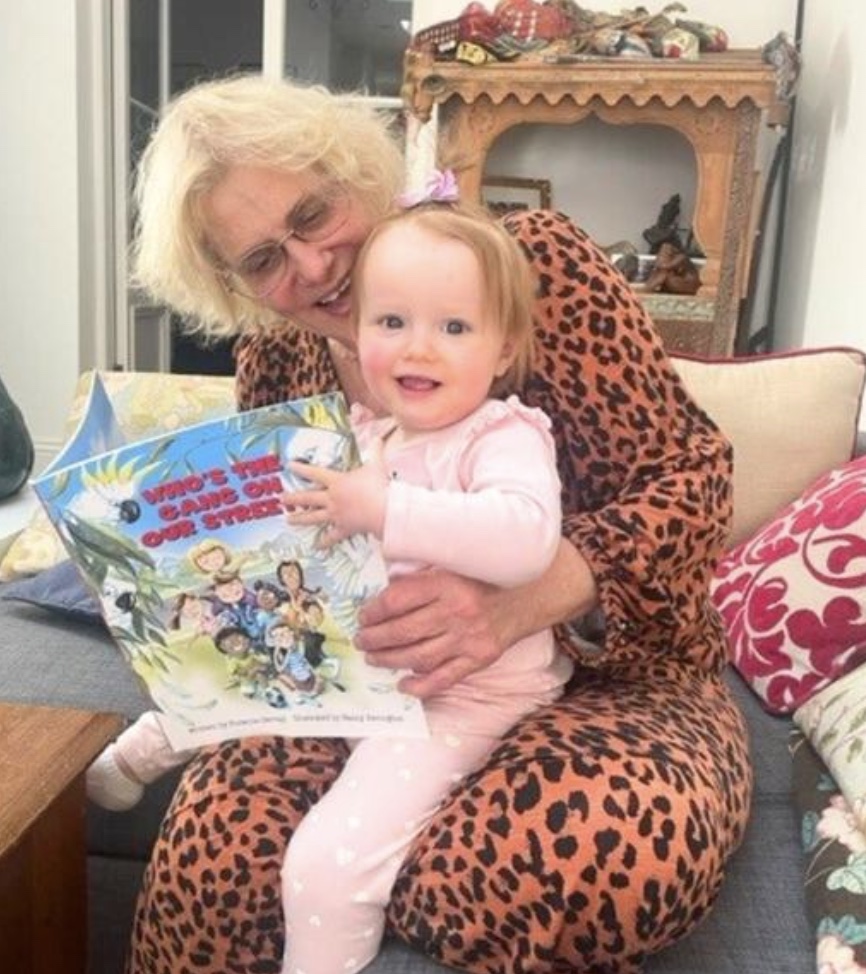When Gamze Evren was diagnosed with stage 3 rectal cancer, she immediately made a brave decision: to hide it.
The 53-year-old mother of two from Concord, NSW, kept her cancer a complete secret from her two daughters and her mother for almost two years.
It was 18 months before she told her mom and her older daughter, and two years before she told her youngest — until that point, she was in remission.
“It would have been very intense”
Evren’s daughters were 14 and 10 when she was diagnosed in August 2021. She immediately shut it down, telling them she was going for a routine appointment.
“I played it straight away, saying I was bleeding a bit, but just to make sure I was being checked. I wouldn’t share it with my teenagers and daughters,” she says Kidspot.
“I wanted to make sure they didn’t associate cancer as a threat to me anymore – so I waited until it was true.”

Additionally, her oldest daughter had just lost a friend to brain cancer the year before. “She was very sensitive about the death and still grieving,” she says. Her daughter even asked her to keep any bad news from her as she “couldn’t handle it”.
Evren’s sister-in-law was also recently diagnosed – and had lost her hair. Evren’s daughter had cut her hair to support her aunt. “It would have been very intense for her to hear that I had it too,” she says.
“And my youngest was too young to handle that information.”
In order to hide it from her daughters, Evren knew she would also have to hide it from almost everyone else.
“I couldn’t even let anyone in my circle of friends know; I just couldn’t risk a remark finding its way to my daughters,” she says.
“So only my husband and sister knew. I had a lot of pressure from them, of course with their good intentions.”
The fact that it was during the pandemic actually helped: people weren’t mingling like usual.
But her intuitive eldest daughter sensed something was wrong.
“Promise you won’t leave us”
At night before she went to sleep, she would get very emotional, saying ‘mommy please promise us that you won’t leave us, that you will always be there for us’ and she would cry.
Still, Evren reassured her and remained tight-lipped – even about her mother.
“My father died of cancer many years ago,” she says. “I knew mom wouldn’t be able to handle it.”
Moreover, Evren could not bear the grief of her mother’s reaction. “I didn’t want any regret or negativity, even in the form of sadness, from her,” she says. “The cancer narrative is either a pity or a battle approach, which doesn’t resonate with me.”
Sometimes, she says, it was lonely.
“Sometimes it all felt too much,” she says. “Everyone expected me to do everything for them normally. It was a time when I had to make myself a priority.”
“But it was also peaceful,” she says. “I stopped working and went deep within myself, staying true to what I felt and not pushing myself to look good, feel good or be strong for anyone.”
Evren left surgery and chemotherapy. To this day, it is clear.
After 18 months and in better health, Evren broke her silence about her condition in a phone call with her 80-year-old mother in Turkey.
“She cried. She couldn’t believe it,” says Evren. “I actually had to hang up and tell him I’d call back in a few days. I explained that this was exactly why I couldn’t tell her. She can’t handle her emotions. She was disappointed, but not angry.”
Then it was time to tell her daughters.
Although they had sensed something was wrong, they were both in shock and in tears.
“I stand by my decision to keep it,” says Evren. “It set a wonderful example for them that a focused mind and dedication can achieve good health.”
When she explained to her eldest daughter the reasons why she didn’t tell him, she thanked him.
“She said, ‘I trust you mum’. I’m proud of you.”
“My children were very young”
Susanne Gervay, 69, from Sydney, regrets keeping her breast cancer diagnosis a secret from her two children, who were five and eight.
“I wanted to protect them, so I kept it a secret,” she says. “I believed I would be fine. Wrong. I had a traumatic operation and, later, a mastectomy.”

Much later, her children noticed the purple color from her radiotherapy. They were traumatized when she told them it was cancer. “They slept in my room. I was scared every time I left the house. They thought I was a liar. I was a liar,” she says.
The second Gervay had cancer, she told them. “It was better,” she says. “They can be a part of my life.”
Gervay says the Princess of Wales is “amazing” because “she did what I didn’t. She told her children carefully, confidently, so they knew they were loved and she would be there. “
She feels so strongly about children being told in a child-friendly way, she now writes children’s books on the subject.
“I know 100% not to keep cancer a secret from your family,” says Gervay. “They deserve the right to be with you.”
Deborah Thomas, CEO of Camp Quality, said Kidspot that the charity has developed an app, Kids’ Guide to Cancer, to give families age-appropriate ways to have this difficult conversation.
“Parents tell us that the hardest thing is knowing how to talk to kids about cancer in a way that’s not scary or overwhelming,” she says.
#hid #stage #cancer #family #years #intense
Image Source : nypost.com